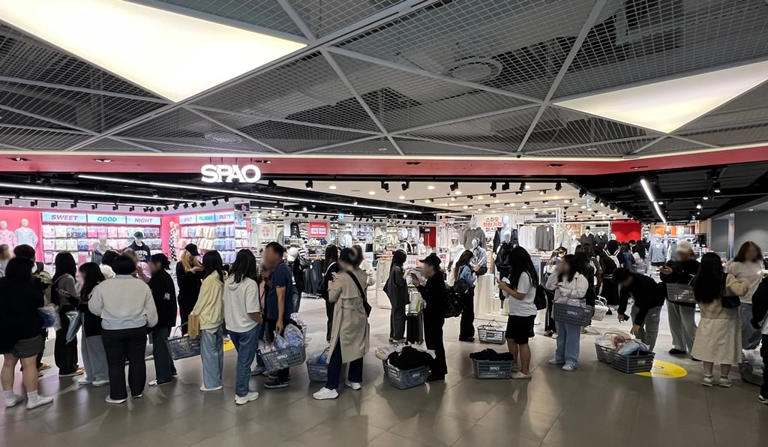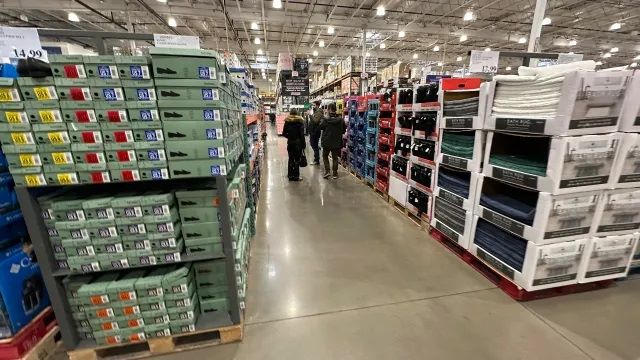A large number of small garment factories those are out of the ongoing inspection network, makes a bad case for factory remediation - a process that has been in place for nearly four years. It has been learnt that these small production houses which are not directly linked with the European and North American retailers are left in the lurch as there is apparently no agency with required funds to conduct inspection. The number of such factories is reportedly around a thousand.
Following the Rana Plaza building collapse, garment factories all over the country were placed under the inspection network of three inspection initiatives -- Accord, Alliance and the National Initiative. These three initiatives have been inspecting nearly 4,000 factories to fix structural, fire and electrical loopholes in the factories. At present it appears that while bulk of the factories under scanner has been done with, but still there are around a thousand factories - small in size and rely mostly on subcontracting - which are yet to be inspected.
The Department of Inspection for Factories and Establishments (DIFE) is the designated agency to inspect these factories, but inspection of these factories is pending for want of funds. The DIFE has been strengthened lately with manpower, though inadequacy still persists. However, with its available resources, the state agency has been pursuing its job, but lately its activities got almost stalled due to fund constraints. A good number of the small factories, which are to be inspected by DIFE, have moved to either their own buildings or relocated their activities to rented buildings. Now, in the absence of inspection, they are not in a position to plan future activities. It was expected that the government would provide the DIFE necessary funds to complete the inspection, but this is not happening and it remains uncertain whether any prospective international body, ILO included, would be forthcoming to help undertake the pending works.
Despite the amazing task, the inspections -- first ever in the country - have laid out in details the fundamentals about managing factories -- from setting up to running, as functional productive units. At the same time, the inspections have brought home the perils of not doing what was required long back at the time of setting up of the units at whatever locations the owners thought suitable, with little or no clues as to the dos and don'ts.
At a time when garment export is the life-blood of the country's economy, facilitating its operation needs remediation and compliance of all small or big production houses. Although a majority of them are not directly linked with exporting, they are the ones which while surviving on sub-contracting, facilitate exports by the major exporting houses. Although they are the backyard of big export houses, absence of facilitation for them to fulfil the required compliance norms would harm exports on the one hand, and on the other, halt their growth into exporting units themselves.












